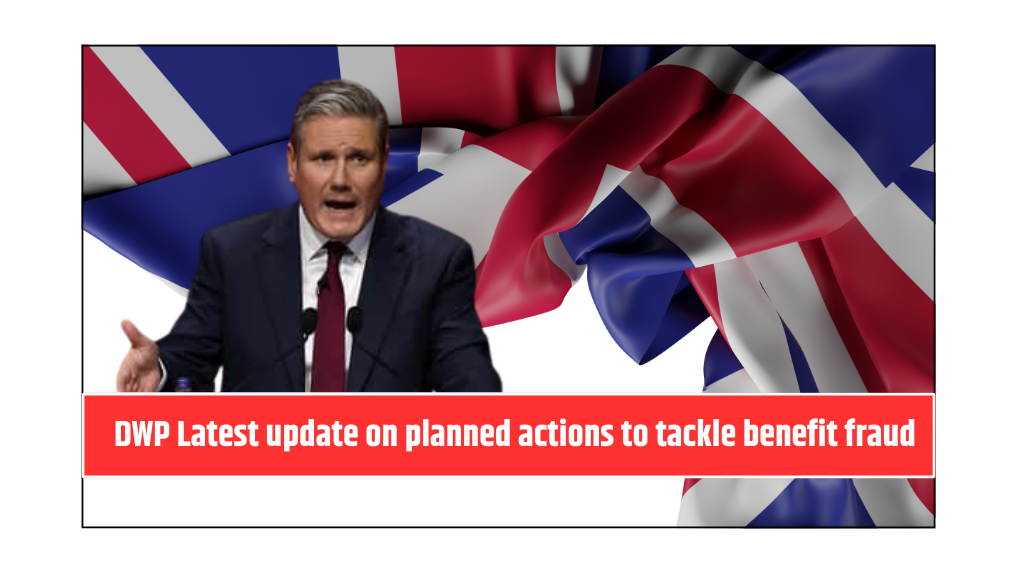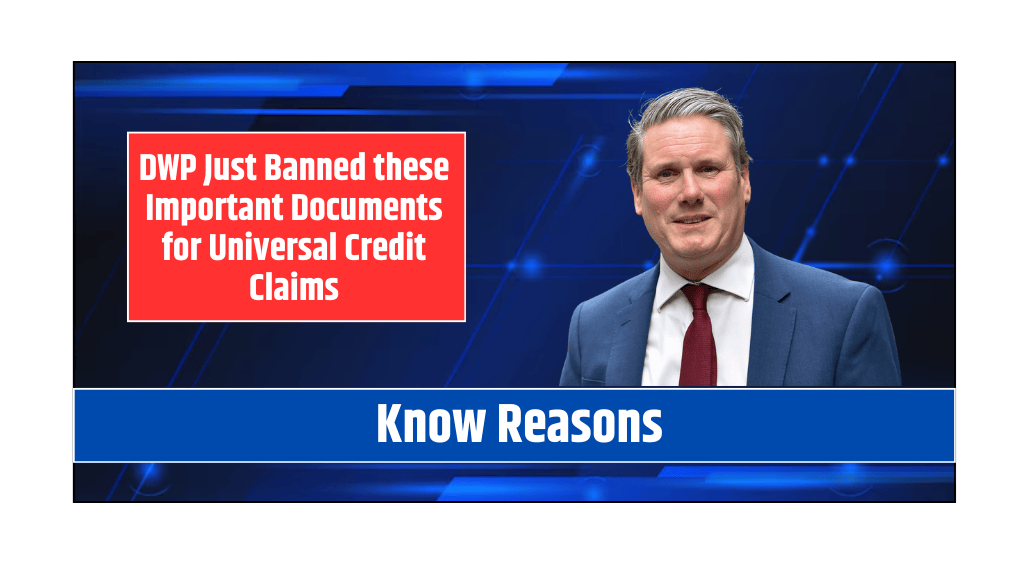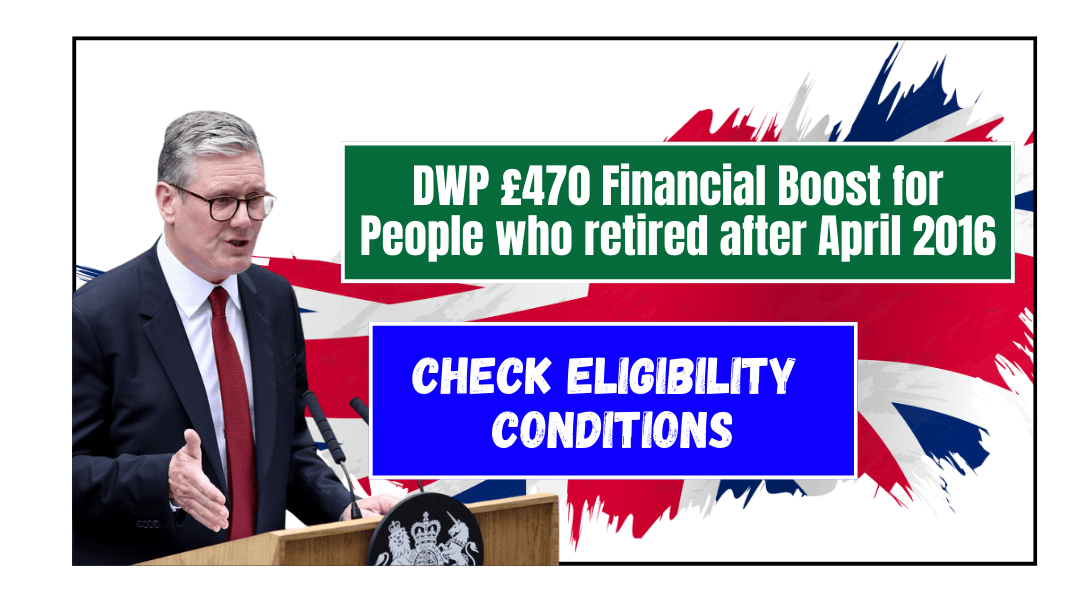The UK Government is preparing to roll out the largest fraud crackdown in a generation, with the aim of saving £1.5 billion over the next five years. The new reforms come under the Public Authorities (Fraud, Error and Recovery) Bill, and they’re set to be implemented starting in 2026.
These changes will bring new powers to the Department for Work and Pensions (DWP), including bank data checks, debt recovery, and tougher penalties for fraudsters. But don’t worry — if you’re receiving benefits honestly, you are not the target.
Let’s break it all down.
What’s Changing Under the New Fraud Bill?
The government says the goal is simple: protect taxpayer money and reduce fraud and errors in the benefit system. Here are the major updates:
1. Driving Bans for Repeat Benefit Fraud Offenders
People who fail to repay fraud-related debts could face a driving ban of up to 2 years.
2. Bank Data Checks – But Not Direct Access
The DWP will work with banks to identify claimants who might be breaking benefit rules — for example, having over £16,000 in savings when claiming Universal Credit.
Important: DWP will not have direct access to your bank account or transaction details.
3. Overseas Checks
DWP will be allowed to collect data from airlines to see if someone is living abroad while still claiming UK benefits.
4. Eligibility Verification
Banks and building societies will be required to flag suspicious accounts that may break benefit eligibility rules.
5. New Codes of Practice
Three official Codes of Practice will be introduced to guide how the new powers are used. These codes will come with public consultation, meaning people can give feedback before implementation.
Will This Affect My Privacy?
The DWP says the new powers will be:
- Proportionate and lawful
- In line with the European Convention on Human Rights (Article 8 – Right to Privacy)
- Limited to basic data only — no spending habits or bank statements will be shared
- Covered by strict safeguards to prevent overreach
Banks could face penalties for sharing too much information.
How Will It Be Enforced?
The government will use a ‘test and learn’ approach before full rollout. This means they will pilot the new powers on a small scale to check if they’re effective and fair.
There will also be:
- Strong staff training
- Public reporting
- Independent oversight
The Public Sector Fraud Authority will help oversee how the new rules are applied and learn from past errors (like fraud during the COVID-19 pandemic).
What Are the DWP’s Main Goals?
- Catch criminal gangs abusing the benefit system
- Recover money from those who can afford to repay debts
- Reduce burden on the police by using new entry and search powers
- Use civil penalties as an alternative to criminal action
- Protect vulnerable people with proper safeguards in place
The UK Government’s new fraud crackdown is aimed at making the welfare system stronger and fairer for everyone. If you are a genuine benefit claimant, you have nothing to worry about. But for those abusing the system, tougher rules are coming in 2026.
Stay informed and follow the public consultations to share your thoughts on how these changes should be handled.
FAQ’s
When will the new DWP fraud rules start?
The UK Government will begin implementing the new fraud measures from 2026 under the Public Authorities (Fraud, Error and Recovery) Bill.
Will DWP have access to my bank account?
No, DWP will not have direct access to your bank account or see your transactions. They will only receive limited data from banks to check eligibility.
Can DWP ban someone from driving?
Yes, repeat benefit fraud offenders who do not repay what they owe may face a driving ban of up to 2 years.
What if I go abroad while on benefits?
DWP will use airline data to check if someone is claiming benefits while living abroad, which may break the rules depending on the benefit type.
How is the government protecting privacy under the new rules?
The bill includes safeguards like public consultation, codes of practice, and limits on what data can be shared. Oversharing could lead to penalties for banks.






